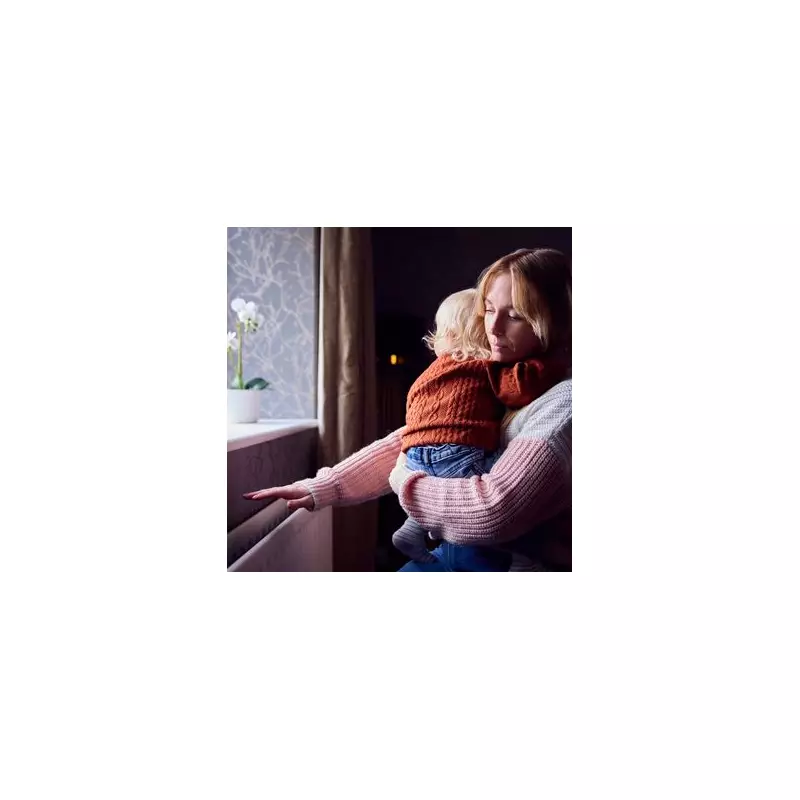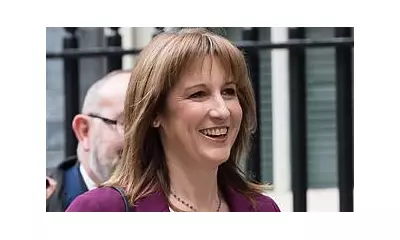
As the UK faces another winter of escalating energy costs, a surprising suggestion from Martin Lewis' MoneySavingExpert (MSE) is making waves. The trusted consumer advice website has proposed that households use a common kitchen item – cling film – to help keep heating bills in check.
The Unconventional Window Insulation Hack
The core advice, published on November 21, 2025, revolves around creating a form of secondary glazing for windows. According to the guidance, covering windows with a thin, transparent plastic film, similar to cling film, can trap a small layer of air. This layer acts as an insulator, helping to prevent valuable heat from escaping your home.
While specialist glazing film is available for as little as 78p per square centimetre and is more effective, MSE confirms that standard cling film can serve as a readily available and budget-friendly alternative found in most kitchen drawers.
More Winter Money-Saving Strategies from MSE
Beyond the cling film tip, MoneySavingExpert dished out several other practical strategies to combat high energy costs. These include setting your boiler to run at a low temperature consistently throughout the day rather than turning it on and off for short bursts. This approach can be more efficient than reheating a cold house from scratch.
Other straightforward tips advised by the site are:
- Unplugging chargers from sockets when they are not in use.
- Making a habit of turning lights off when you leave a room.
- Keeping internal doors closed to contain heat in occupied spaces.
The website also highlighted the importance of maintaining a minimum level of heating, even if you are away for an extended period, to prevent pipes from freezing. The cost of repairing damage from burst pipes can run into hundreds of pounds, far outweighing the cost of a small amount of preventative heating.
Busting Common Energy Myths
The advice from MSE also tackled some persistent energy-saving misconceptions. It clarified that painting your radiators black does not improve their efficiency. Furthermore, simply having a smart meter installed does not automatically save you money; it is the behavioural changes you make in response to the data that lead to savings.
Martin Lewis also included a crucial safety warning. While heating water in a microwave might be marginally cheaper than using a kettle, it can be dangerous. Microwaves can superheat water, causing it to explode violently when disturbed, leading to severe burns. Therefore, using a kettle remains the recommended and safer option.
With the energy price cap climbing and cold weather warnings in effect, these practical, if sometimes unusual, tips from MoneySavingExpert offer Brits tangible ways to fight back against the burden of winter bills.





